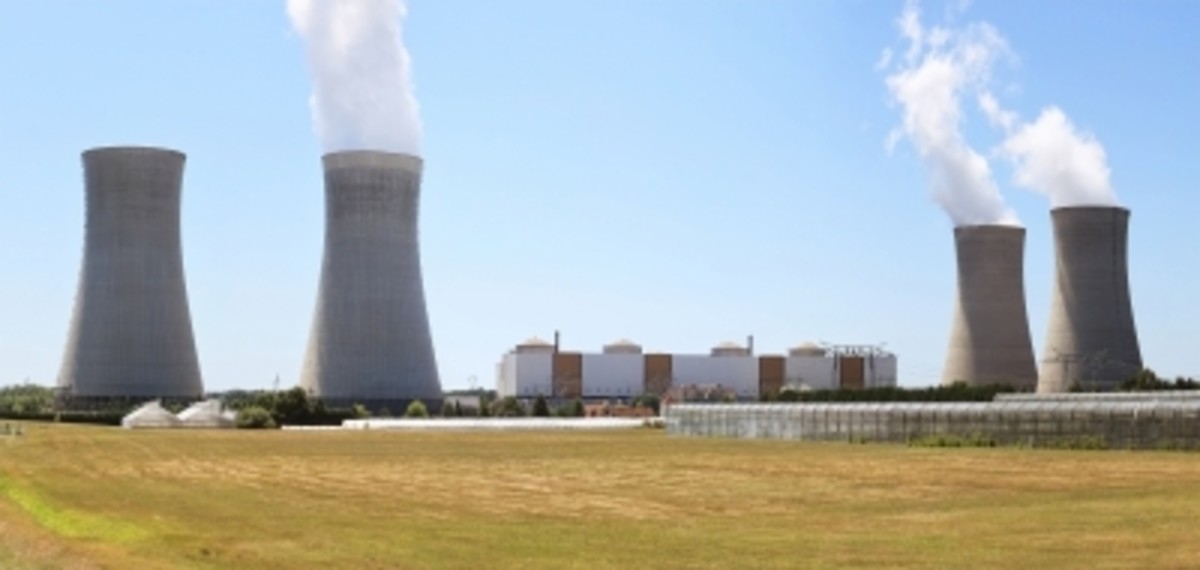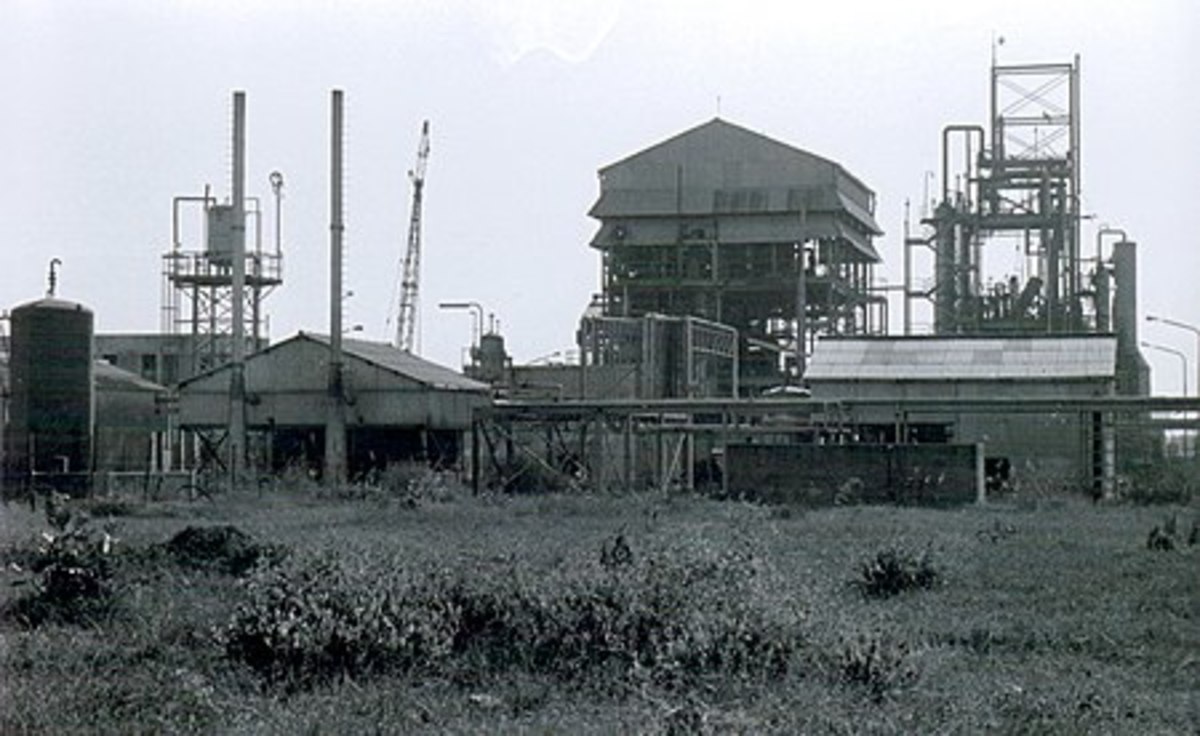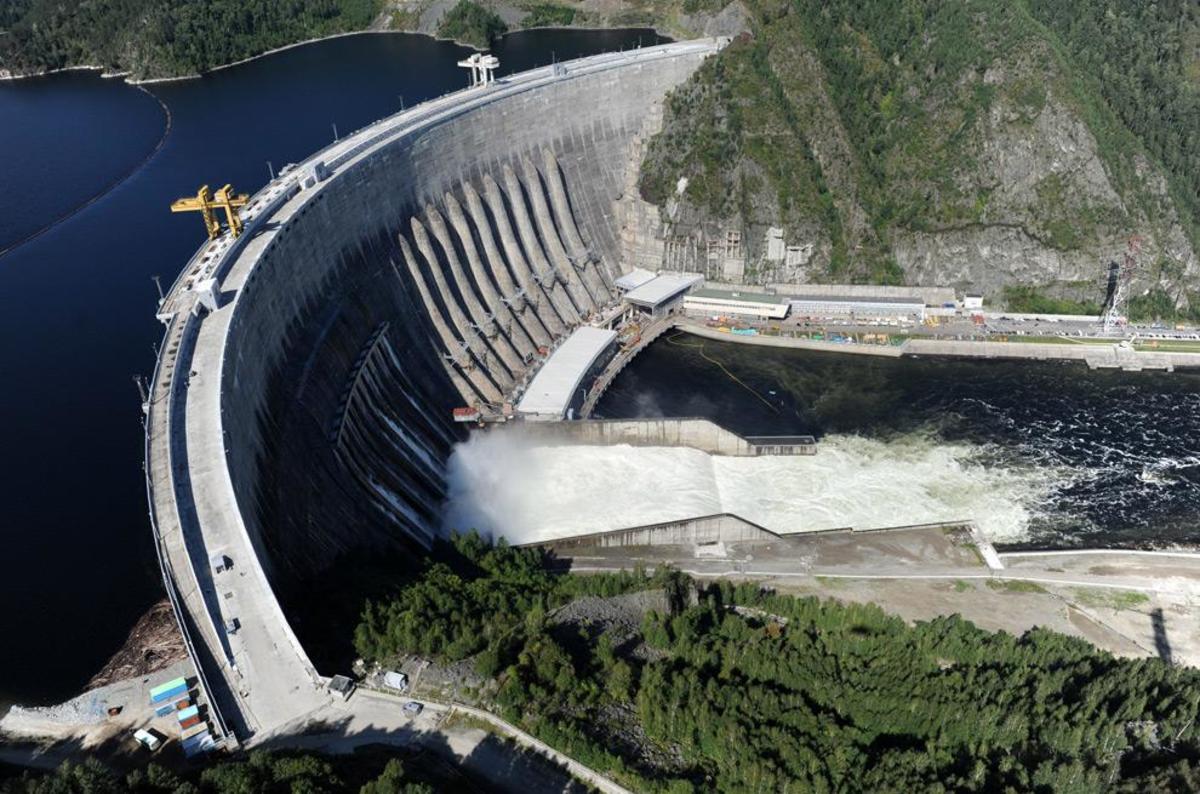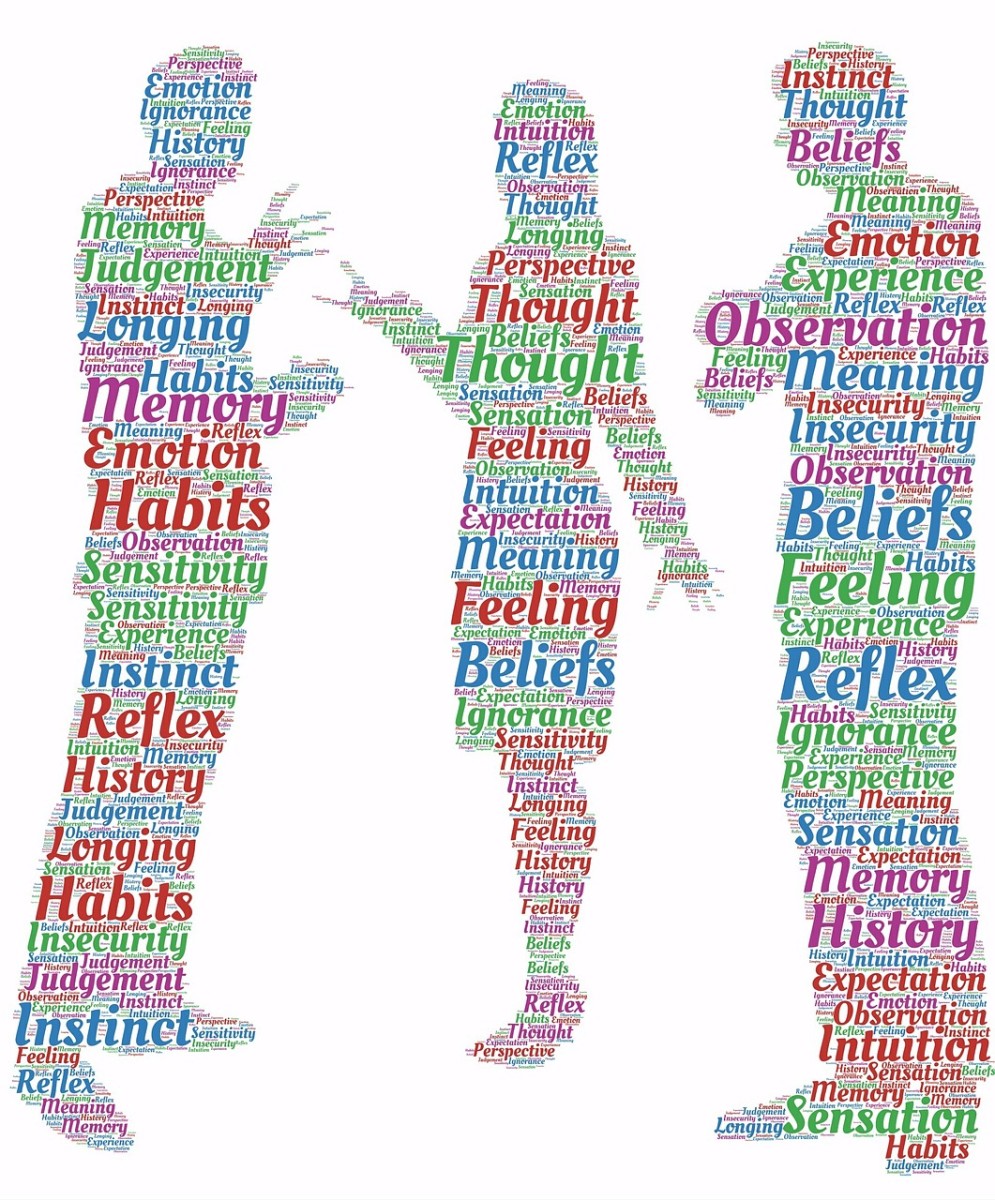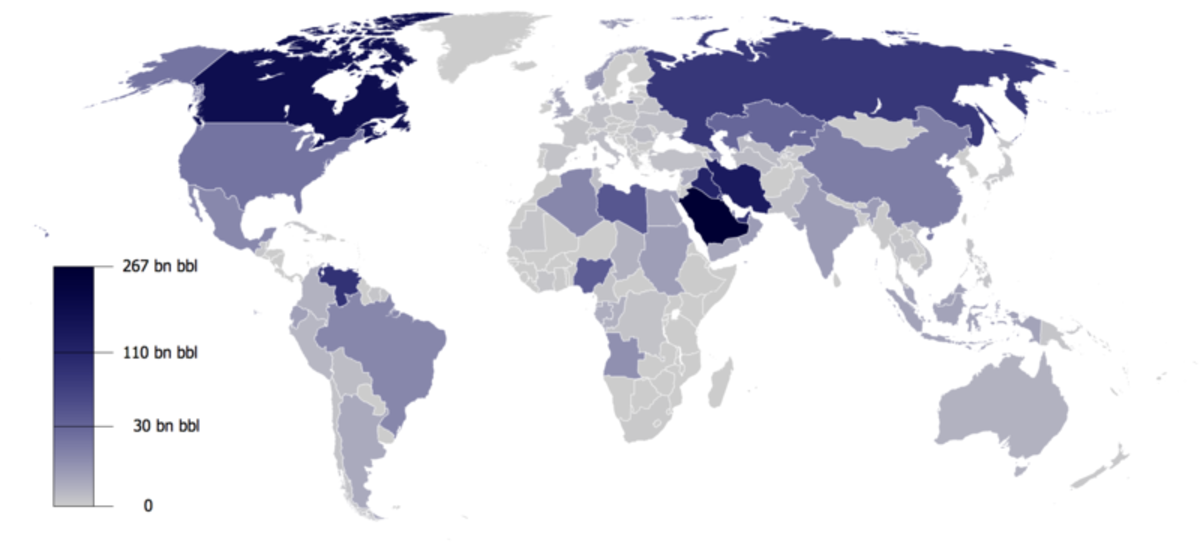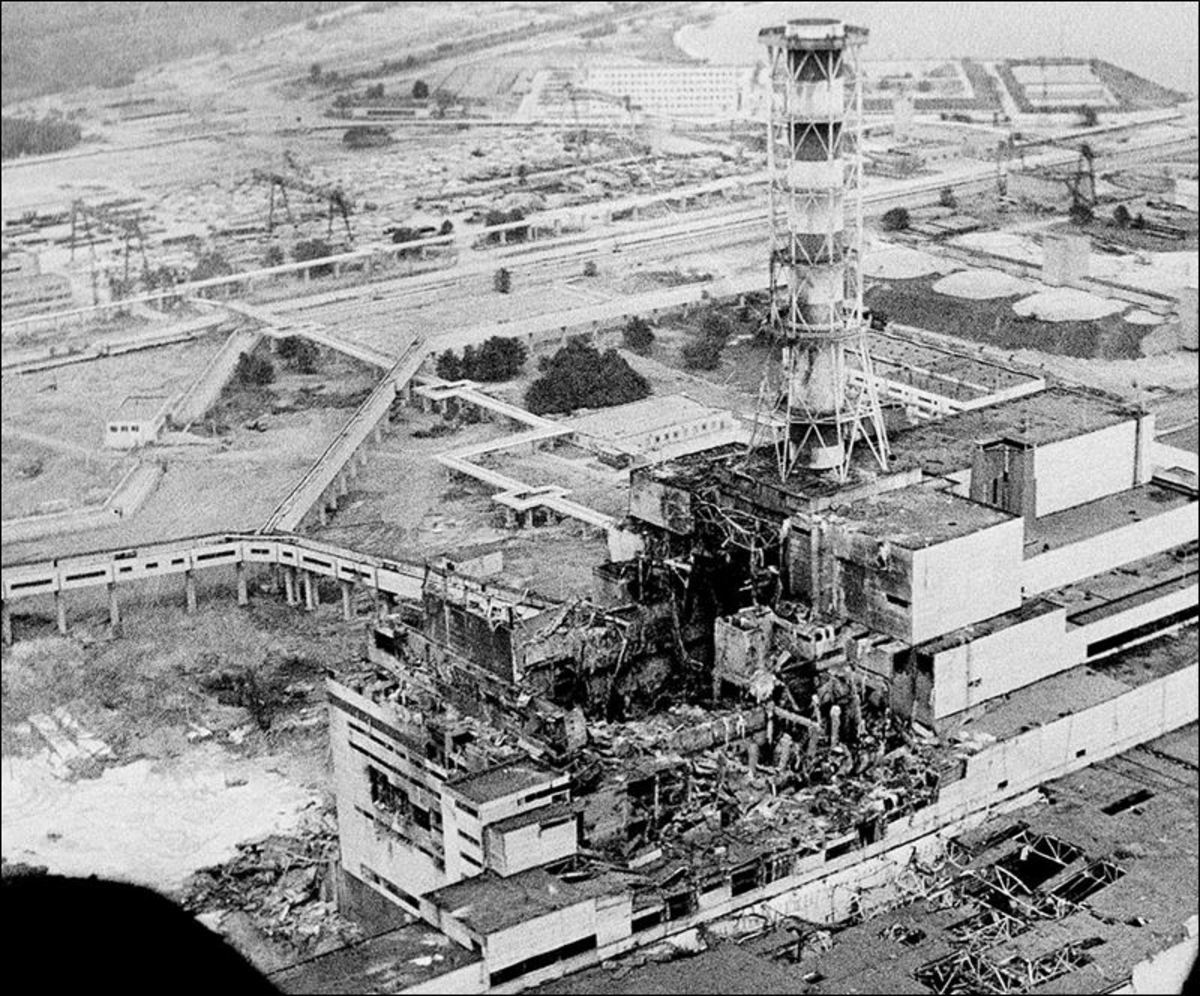Consequences of a Major Nuclear Disaster for Japan
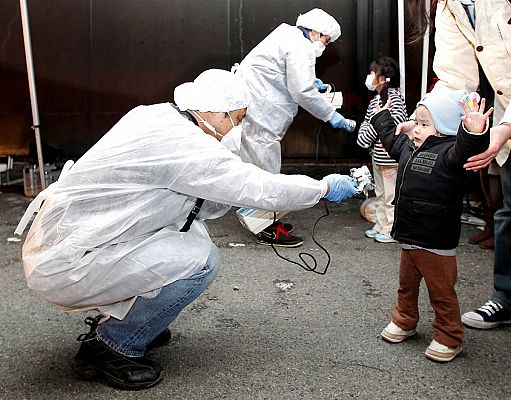
By Mirna Santana
After the initial Japan nuclear accident and the initial emergency, the country was left with issues related to health, displacement of people and jobs, general economy, energy demand issues, and the recovery after the chaos.
After Japan's nuclear plant accidents the major concerns were safety for people in terms of exposure to radioactive elements and guaranteeing power supply.
The emerging chaos that original reigned was displaced by disbelief due to lack of credibility that caused major fears, unplanned mobilization, and high demands for fuel and food.
Some of the people who lost their homes, their towns (cultural roots), their jobs, and their confidence in institutions, also took risk stakes with their health by returning to the region to re-establish and go on with their lives.
The economy: the market got a initial crash but quickly rebound with the help of the government. Another reason that helped the Japanese market to recover quickly related to internal and external economic interest. Stakeholders from inside and outside of Japan, were willing to invest to keep the country stability.
The country also faces an energy crisis. Though the nuclear facilities provide only a fraction~4% of the energy--they remain an important component of the energy portfolio. Because of that the government decided to continue supporting nuclear energy as one of the energy options for the country.
Yet, it is less clear to predict how many people will be affected by the combined events. What will be the consequences for the environment and how long they would last? What would be the magnitude of a nuclear meltdown, and how do that play together with other aspects of the earthquake and Tsunami. When those areas would be safe to be repopulated? Where do the displaced will go? How these events will affect Japan in the long-term. So many questions remain to be answered or the issues addressed as the events unfold--or time passes.
On March 23, 2011, the government of Japan estimated that the cost of the combined disasters will be around $310 billions. That is the most expensive estimate for any natural or man made disaster a county has confronted. The government also estimated a huge amount of loses due tax cuts.
The risks related to the nuclear damaged plants show case a global problem in the nuclear energy industry--not only did Japan lacked on preparedness, e.g., Japan nuclear plan did not consider a disaster of the dimensions observed in March 2011 with concurring Tsunami and earthquake, but the whole industry lacked contingency plans adequate for disasters such as those predicted to occur due to global climate change.
Through time the consequences of Japan's nuclear crises have changed in dimensions and perspective.
This accident have lead the nuclear energy industry to rethink the way they conduct business. Many lesson have been learned and many more are yet to be learn from this accident-- by the energy sector, nuclear industry, scientist, politicians, the public.
This nuclear accident in Japan, already changed policies in Germany and it also changes the way the global public--and governments, the Japanese included would evaluate the pros/cons of nuclear energy. Because of public outcry, the Germans will face out nuclear energy by 2022. The USA--and its government listened to nuclear scientist, and groups such as the Union of Concerned Scientists (UCS)--and ultimately decided to continue supporting nuclear energy, because of the burden of climate change and the presumption that nuclear energy does not contribute to greenhouse gases.
In my opinion all nuclear reactors need to be upgraded and in places that are at high risk for natural disaster such facilities need to be faced out. In addition more studies need to be conducted to find out how susceptible people is affected by events such as the one that occurred in Japan. Governments and citizens of countries that use nuclear energy also need to evaluate the risk implied in this type of technologies and plan accordingly---if other venues are available to meet energy demands without compromising people and the environment--those factors need to be taken into account. The cost of lives/health and the health of water or other environmental services needs to be considered beyond saving money by using reactor that do not comply with adequate safety measures. Is there nuclear energy safety reactors at all? The future will tell.
May 15, 2012. Now with the shut down of nuclear plants after public outroar Japan faces a cross road. Would it continue business as usual, using more fossil fuels and gas to replace nuclear energy, or would it become a forth runner on energy innovations? There is only a small window for them to chose be better than Germany, Brazil, or other energy innovators and set new standards for the energy industry.
© All rights reserved
PS: this article was originally written in March 2011 and subsequently updated. Last update, Sept. 23, 2011.
PS.New update May 16, 2012
MSantana More abour Japan Nuclear Crisis
World Health Organization Japan Nuclear Concerns
© 2011 MSantana

